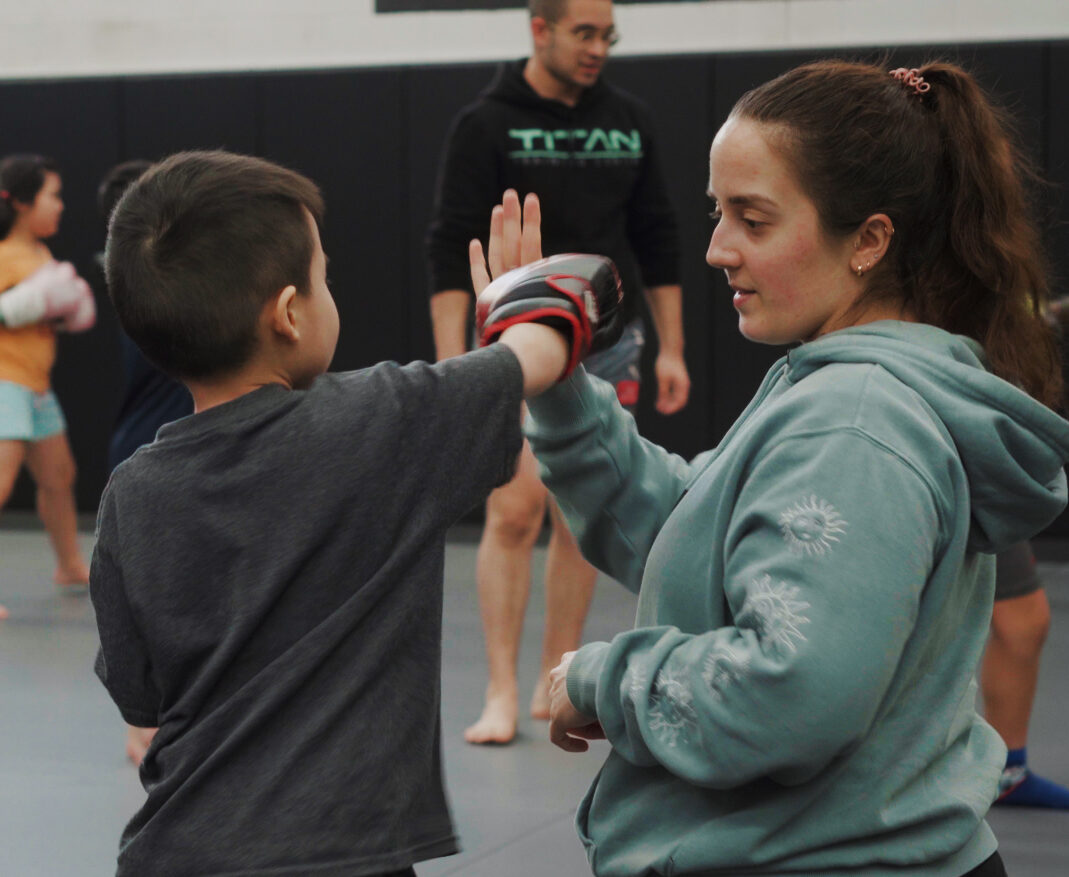
The Role of Martial Arts in Teaching Respect and Responsibility to Kids

Martial arts is more than just a physical activity; it’s a discipline that instills essential life values in children. Through structured classes, young martial artists learn respect and responsibility, skills that extend beyond the gym into everyday life. As Ken Tran, co-owner of the gym, notes, “Through martial arts, students are taught discipline, respecting the hierarchy of the gym and the instructors, and that trickles into real life as well.”
This article explores how martial arts classes instill these values in children, shaping them into responsible and respectful individuals.
The Foundation of Respect in Martial Arts
Respect is a cornerstone of martial arts training. From the moment children step into the gym, they are taught to respect their instructors, peers, and the art itself. This respect is not just about following rules; it’s about understanding the importance of hierarchy and valuing the knowledge and experience of others.
Respecting the Hierarchy
In martial arts, students learn to respect the hierarchy of the gym. This involves acknowledging the authority of instructors and senior students. This respect for hierarchy teaches children the importance of recognizing and valuing leadership, a lesson that is applicable in various aspects of life.
The respect learned in martial arts classes extends beyond the gym. Children carry this value into their interactions at home, school, and in social settings.
Instilling Responsibility Through Martial Arts
Responsibility is another key value taught in martial arts. From bringing their gear to class to committing to regular attendance, children learn the importance of being accountable for their actions.
Commitment and Consistency
One of the most significant aspects of responsibility in martial arts is the commitment to regular training. “You could be the best…but if you don’t show up for class, then probably you’re not gonna get the black belt.” This commitment teaches children the value of consistency and dedication.
Responsibility in Practice
In martial arts classes, children are responsible for their equipment and personal conduct. They learn to bring their gear, put it away after use, and maintain a respectful demeanor. This responsibility fosters a sense of ownership and accountability.
Encouraging Positive Behavior
By linking martial arts classes to positive behavior, parents can motivate children to uphold the values of respect and responsibility. This approach not only enhances their martial arts experience but also improves their behavior in other areas of life.
The Impact of Martial Arts on Personal Development
Martial arts training has a profound impact on personal development. It teaches children to set goals, work hard, and persevere through challenges. These lessons are invaluable in shaping their character and preparing them for future success.
Building a Strong Work Ethic
A strong work ethic is cultivated through the discipline and dedication required in martial arts. This work ethic is a critical component of personal and professional success.
Developing Self-Discipline
Self-discipline is a natural outcome of martial arts training. Children learn to control their impulses, focus on their goals, and maintain a positive attitude. This discipline is essential for achieving success in any endeavor.
Conclusion
Martial arts is a powerful tool for teaching respect and responsibility to children. Through structured classes and consistent practice, young martial artists learn values that extend beyond the gym. These lessons in respect, responsibility, and discipline shape them into well-rounded individuals, ready to face the challenges of life.
Encourage your child to embark on this transformative journey and discover the lifelong benefits of martial arts.
Interested in enrolling your child in martial arts classes? Visit Titan Training Centre to learn more about our free classes and how we can help instill these essential values in your child.
